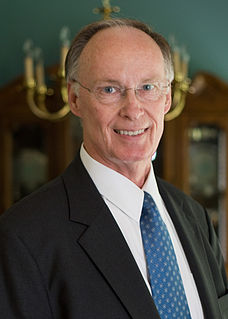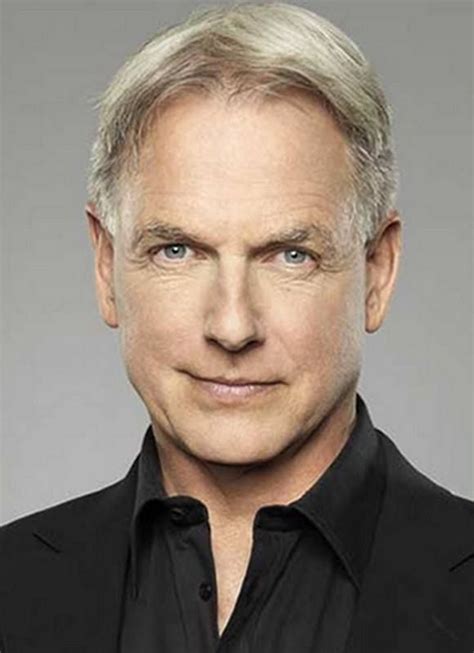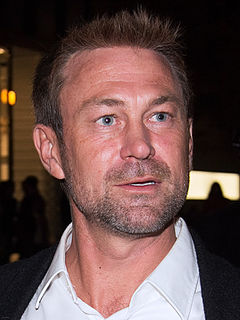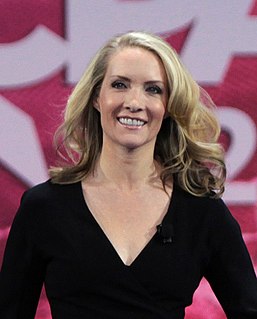A Quote by Ryuichi Sakamoto
Since the early 1990s, I had been very worried about the state of the environment, and by the end of that decade, I realized I needed to do something about it.
Related Quotes
So I realized when I was successful in a piece, it was because I didn't abandon a notion early on what it ought to be, and I let it take me along. So I've had songs that started out as being about the environment and ended up being love songs and love songs that ended up being about the environment. I've had things that I thought would be a poem and realized that it was just too big for that. I've got to do something larger and it became a play. I wrote one poem that started a whole play.
I think my children have presented one of the biggest lessons so far in my life. It was only when my kids were born that I realized just how much I'd been living my life worried about what everybody thought of me and, even more strangely, worried about what I imagined other people might be thinking about me.
One of the big changes in politics has been because families, individuals, have felt worried, insecure... worried about the economy, worried about their jobs, worried about their kids' futures... actually the disconnect between the public and media discourse and people's everyday concerns has become bigger not smaller.
I decided early in graduate school that I needed to do something about my moods. It quickly came down to a choice between seeing a psychiatrist or buying a horse. Since almost everyone I knew was seeing a psychiatrist, and since I had an absolute belief that I should be able to handle my own problems, I naturally bought a horse.








































